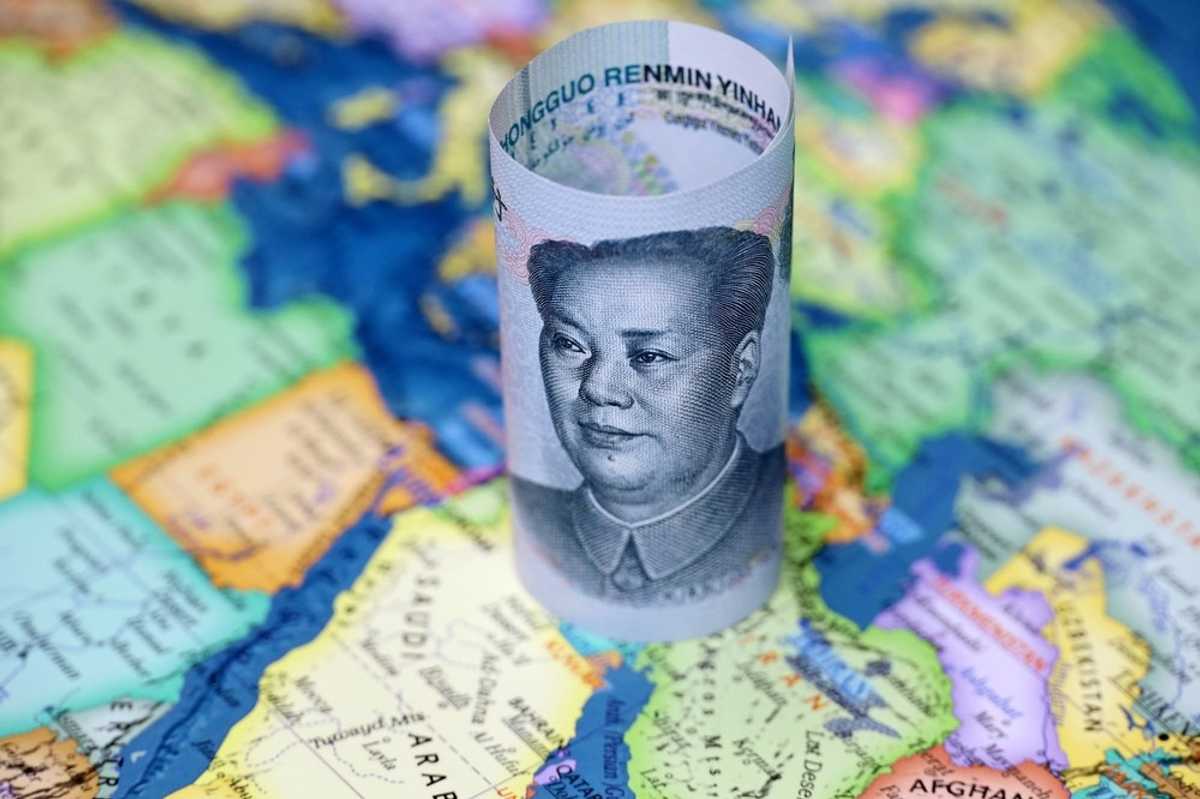Nearly 90% of Chinese firms plan Middle East expansion, PwC finds
UAE and Saudi Arabia rank as the most attractive destinations.
Dubai Desk
The Dubai Desk reports on major developments across the UAE, covering news, culture, business, and social trends shaping the region.

Around nine out of ten Chinese companies intend to expand their footprint in the Middle East.
Shutterstock
Almost nine out of ten Chinese companies intend to expand their footprint in the Middle East, with UAE and Saudi Arabia ranking as the most attractive destinations, according to a new report from PwC.
The survey of 136 Chinese firms found that rising profitability, stronger financial performance, and diversification into high-growth sectors such as digital technologies, renewable energy and artificial intelligence are reshaping the region’s investment landscape.
Rising confidence and profitability
PwC reported that 44% of surveyed companies have now formalised business plans for the Middle East, a significant increase since 2022. Profitability is also improving: 40% of enterprises now report positive returns, while the share of loss-making firms has dropped to 15%.
More than 60% of respondents said they were satisfied with their investments, underlining the growing importance of the Middle East in Chinese business strategy.
From testing the waters to long-term value
Instead of relying on representative offices, 77% of firms now operate through full entities serving local markets. PwC noted this reflects a shift from “testing the waters” to building lasting value in the region.
Saudi Arabia and the UAE are emerging as the top destinations, attracting 84% and 79% of surveyed firms respectively, followed by Egypt. Saudi Arabia’s large-scale transformation agenda positions it as a leading choice for future expansion, while the UAE remains a hub for diversification and regional operations.
Focus on innovation and alignment with Gulf priorities
Chinese enterprises are increasingly diversifying into technology, AI, renewables and biopharma, sectors that align both with Gulf diversification strategies and China’s global innovation drive.
Policy expectations are also shaping sentiment. Seventy-two per cent of firms called for tax incentives beyond free zones, while 74% highlighted the need for greater transparency and regulatory stability to enable sustainable growth.
Strategic hub for global growth
“Chinese enterprises are no longer treating the Middle East as an exploratory market – it has become a strategic hub for global growth,” said Linda Cai, Inbound/Outbound Leader at PwC China. “With rising profitability, stronger policy support, and expanding opportunities beyond traditional sectors, Chinese investors are shaping the next chapter of economic collaboration in the region.”
Rami Nazer, Clients and Markets Leader, PwC Middle East, added: “The Middle East is entering a transformative era, marked by diversification, innovation and stronger global integration. The deepening commitment of Chinese companies signals a new phase in this economic transformation.”
Belt and Road momentum
As the Gulf accelerates its economic diversification and strengthens its role within China’s Belt and Road Initiative, PwC said the survey confirms a strong trajectory of growth and collaboration between the two regions.







Comments
See what people are discussing